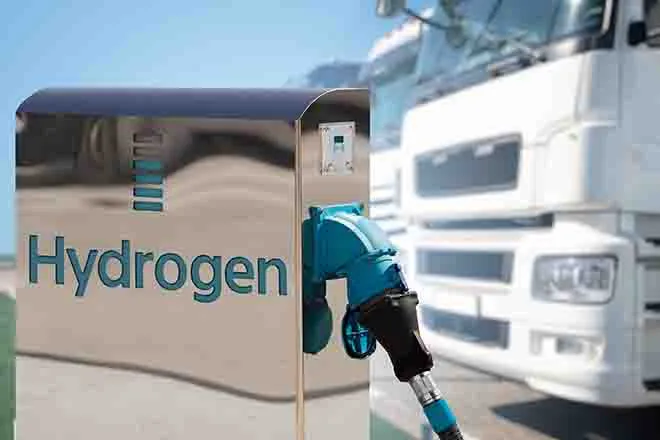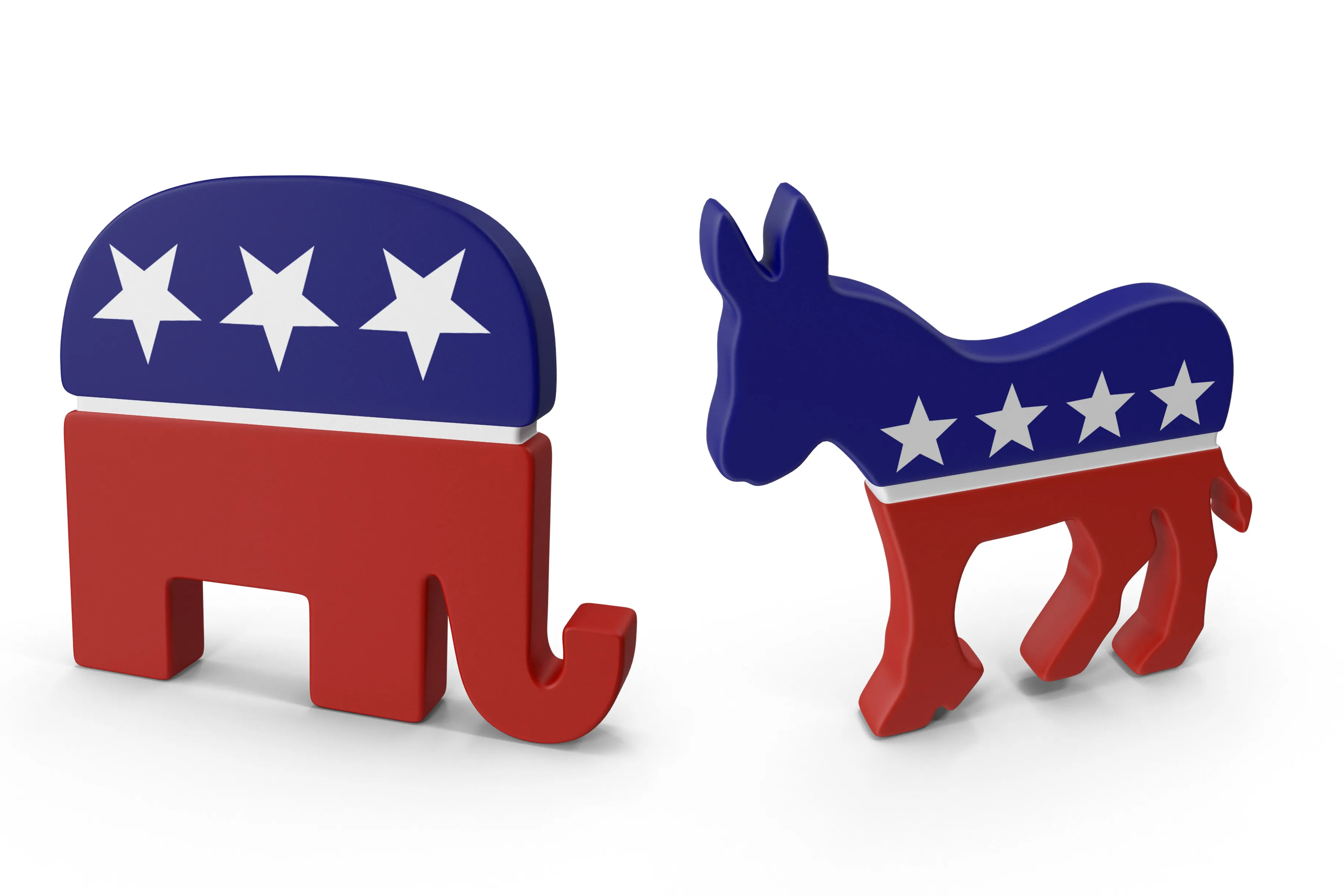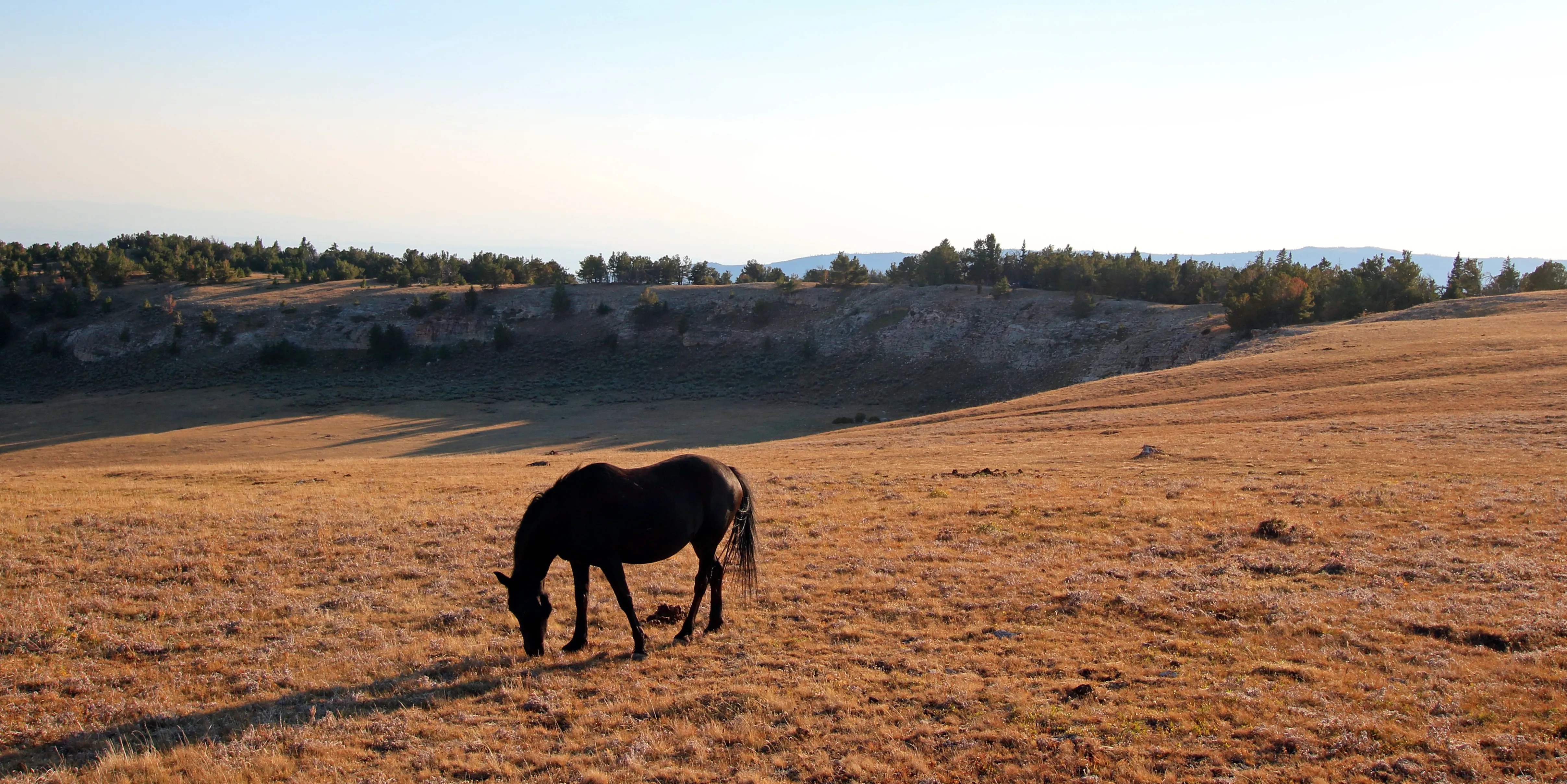
Daily Audio Newscast Afternoon Update - December 10, 2024
News from around the nation.
The suspected UnitedHealthcare CEO killer planned his attack well but made crucial mistakes, experts say; Budget cuts may jeopardize health programs for millions in California; Concerns mount about future of federal environmental justice grants; Ohio's STORK Act: Tax relief for parents or a push against abortion rights?
Transcript
The Public News Service Tuesday afternoon update.
I'm Mike Clifford.
At first glance, the assassins seem too meticulous to be an amateur and too careless to be a professional.
That is the take from CNN.
They report the man suspected of killing UnitedHealthcare CEO Brian Thompson on a New York sidewalk managed to evade capture for days, puzzling even law enforcement experts.
Steve Moore, a retired FBI supervisory agent, told CNN, "What surprises me is how well planned the actual attack was and at the same time how sloppy the killer was in his movements in showing his face and leaving behind item."
The suspect's evasion ended Monday at a McDonald's in Pennsylvania where police arrested Luigi Mangione in connection with the killing.
And as President-elect Donald Trump prepares to take office, federal health programs affecting 85 million low-income Americans, including more than 12 million in California, may face cuts to reduce inflation and debt.
As of 2024, California has the largest state Medicaid program in the U.S.
Programs such as Medicaid, CHIP and SNAP could be affected by fiscal tightening in the upcoming year.
Mayra Alvarez is head of the Children's Partnership in California.
She told an ethnic media panel that Medicaid cuts would deeply impact families.
It's these public programs that are core to helping families meet the day-to-day needs of raising healthy kids.
These have been bipartisan programs that have helped our families thrive.
Political experts say Congress is expected to act swiftly on its agenda next year, with key actions likely starting in January before the presidential inauguration.
Crystal Blair reporting.
Next to Minnesota, where community groups have been looking forward to utilizing environmental justice grants from the federal government, but in light of the fall election, the future of those grants is in doubt.
Julia Nirvan with Minnesota Interfaith Power and Light was hoping for projects to transform churches and other sites into emergency shelters with solar power and battery storage.
MNIPL is trying to support community organizations that are creating resilience hubs, creating safe spaces during an emergency, places where people can refrigerate their medication or have a cooling place in the midst of an unreasonably hot day.
Experts say unspent dollars could be clawed back by President-elect Donald Trump.
This story produced with original reporting from the staff at Climate News.
Next to Ohio, where folks are weighing in on the proposed Stork Act, which would allow expecting families to claim unborn children as dependents on their income taxes starting the year of conception.
The bill's sponsor is Representative Gary Click.
The hospital won't even let you take them home without a car seat, so you have to get that car seat.
You get a crib, you get a bassinet, you get a pack and play.
The bill is seen by advocates as a way to provide relief for families managing the cost of preparing for a new baby.
This story produced with original reporting by Vanessa Davidson for Kent State News Lab.
This is Public News Service.
Scientists have identified steps people could take right now to reduce their risk of dementia in the future.
Dementia, a disease with profound impacts on families, loved ones and caregivers, affects more than 55 million people globally, including some 6 million in the U.S.
But new research shows that people can reduce their risks by making even small changes in their daily routines, for example, through exercise and eating more vegetables.
Sarah Locke with AARP says there are also important steps policymakers can take to make it easier for people to maintain healthy behaviors.
When we do that, we can disrupt dementia, and that's a really exciting possibility, given that so many of us, as our nation is aging, are facing that risk.
Dementia is the third largest cause of death in the nation for people age 70 and older, and two-thirds of Americans have at least one major potential risk factor.
People who smoke five cigarettes per day have a 16 percent higher dementia risk than non-smokers.
People with prediabetes face a 25 percent increased risk, which rises to 50 percent with full-blown diabetes.
I'm Eric Galatas.
Meantime, Utah is leading a battle over control of public lands, with New Mexico and other western states caught in the crosshairs.
Utah's Republican officials want to sell off nearly 20 million acres and have enlisted 13 other states in a lawsuit headed to the U.S. Supreme Court.
The lawsuit argues the federal government shouldn't control Bureau of Land Management parcels within Utah's border, and per the Constitution, can only own a state's military bases.
Jesse Dubelle is with the New Mexico Wildlife Federation.
The consequences of this are far more reaching than just the BLM, and it's also far more reaching than just the state of Utah.
This would affect public lands everywhere.
If the high court agrees with Utah's argument that the federal government cannot hold public lands indefinitely, Dubelle says federal ownership of national parks, forests, or wildlife refuges could be challenged.
I'm Roz Brown.
Finally, today is International Human Rights Day, and much attention has been paid to North Dakota's growing refugee population.
In the federal fiscal year that recently ended, the organization Global Refuge says North Dakota welcomed more than 280 refugees, nearly double the previous year.
Field Director Dan Hanaher says there's room for more, with employers clamoring for individuals to fill open jobs.
He says by welcoming these populations and helping them meet basic needs right off the start, local economies function better.
Whether it's manufacturing, health care, retail, refugee resettlement, and immigration is a key to our economic success.
I'm Mike Moen.
This is Mike Clifford for Public News Service.
We are member and listener supported.
Hear us on radio stations big and small, your favorite podcast platform, find our content and trust indicators at publicnewsservice.org.
















